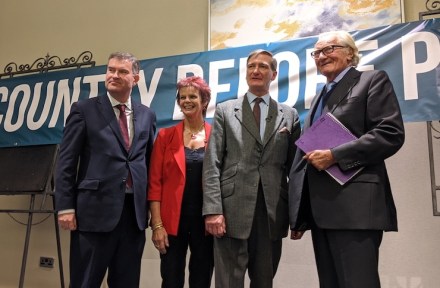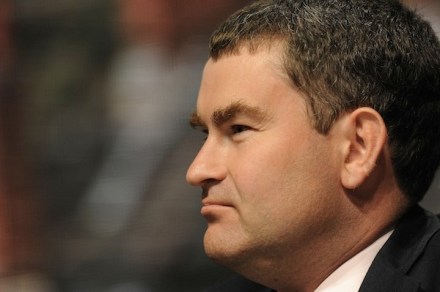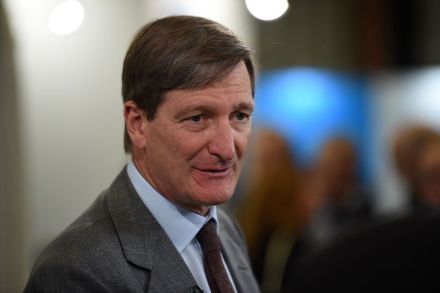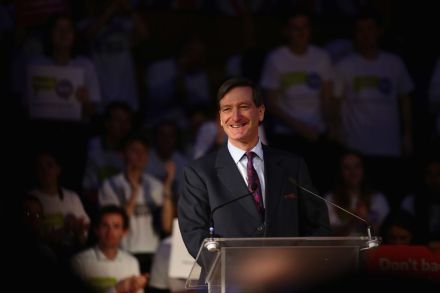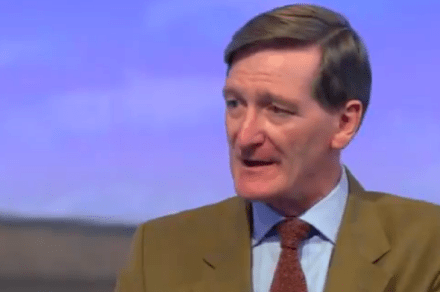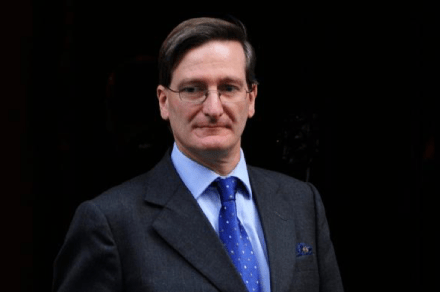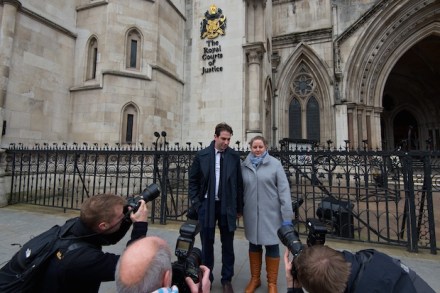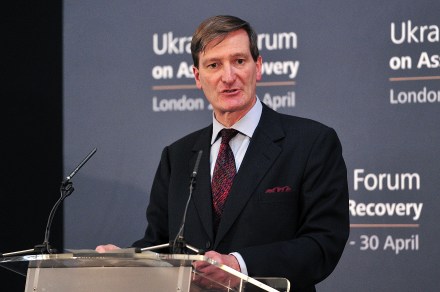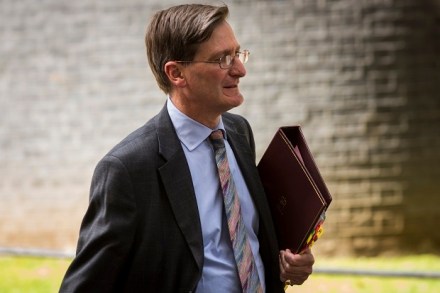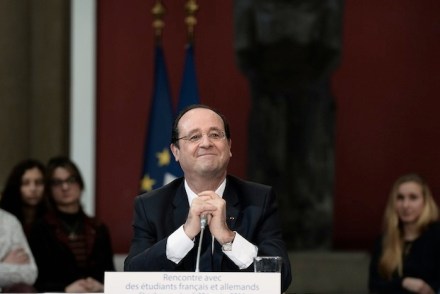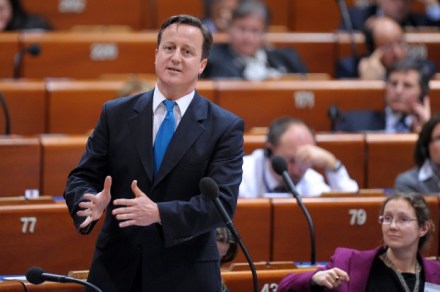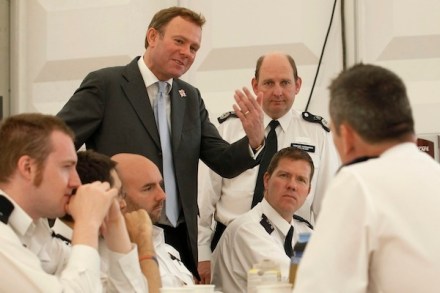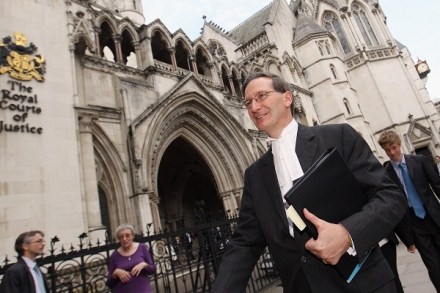Dominic Grieve wins (at last)
It doesn’t say much for this government that Dominic Grieve can run rings around them. An amendment drafted by the ardent Remainiac was just one of 14 defeats inflicted by the Lords last night as peers opted to torpedo Priti Patel’s flagship Police, Crime, Sentencing and Courts Bill. Cue a crowing press release from Grieve’s group Best for Britain, declaring victory. The rare triumph for the Beaconsfield barrister is all the more sweet in light of another result which, er, doesn’t make for such good reading. For earlier this month, Lowick landlord Geoff Monks was quietly awarded a seven-figure settlement — thought to be about £4 million — by North



